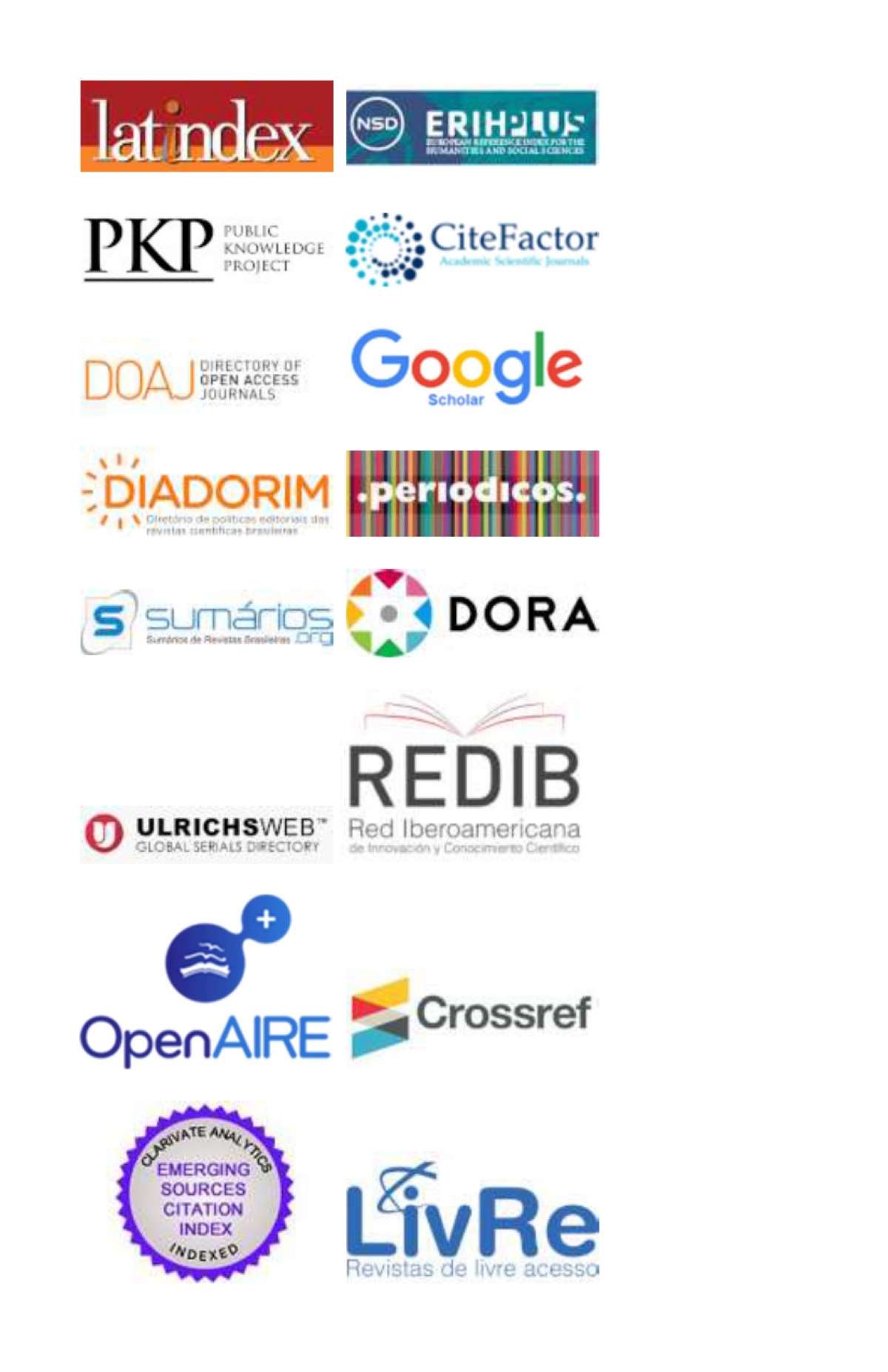O BRASIL E OS TRATADOS PARA EVITAR DUPLA TRIBUTAÇÃO DIANTE DAS NOVAS TECNOLOGIAS
DOI:
https://doi.org/10.21783/rei.v11i2.916Keywords:
Tratados internacionais, Economia digital, Tributação, Reforma tributáriaAbstract
The taxation on digital economy means a huge challenge all over the world and stimulates bilateral and multilateral treaties to rule the international taxation. The Brazilian taxation system houses multiple taxes on consumption, creating difficulties to allow Brazil to be a member of OECD. The tax reform, promoted by the Constitutional Amendment # 132/2023, represents an important step to reach that goal.
Downloads
References
BRASIL. Governo Federal. https://www.gov.br/receitafederal/pt-br/acesso-a-informacao/legislacao/acordos-nternacionais/acordos-para-evitar-a-dupla-tributacao/acordos-para-evitar-a-dupla-tributacao, acesso em 19.02.2025.
BRASIL. Supremo Tribunal Federal. https://portal.stf.jus.br/. acesso em 19.02.2025.
BRITTO, Carlos Ayres. “Soft Law e Hard Law como caminho para afirmação do direito à proteção de dados”, in https://ayresbritto.adv.br/soft-law-e-hard-law-como-caminho-para-afirmacao-do-direito-a-protecao-de-dados/, acesso em 19.02.2025).
COSTA, Regina Helena. Curso de Direito Tributário – Constituição e Código Tributário Nacional, 14ª ed., São Paulo : Saraiva, 2024.
G20. https://g20.org/about-g20/g20-members/, acesso em 19.02.2025.
OCDE. https://www.oecd.org/about/, acesso em 19.02.2025.
Revista Forbes. https://forbes.com.br/forbes-money/2022/01/ocde-abre-negociacoes-com-brasil-e-outros-5-paises-para-adesao/, acesso em 19.02.2025.
Downloads
Published
How to Cite
Issue
Section
License
Copyright (c) 2025 Regina Helena Costa

This work is licensed under a Creative Commons Attribution-NonCommercial 4.0 International License.
The authors hold their copyright and concede to the JOURNAL OF INSTITUTIONAL STUDIES the right to the first publication, in accordance with the Creative Commons Attribution license.
Authors are strongly encouraged to publish their manuscripts in other medias, such as institutional repositories and personal pages. The Journal only requires the credits of the first publication.






